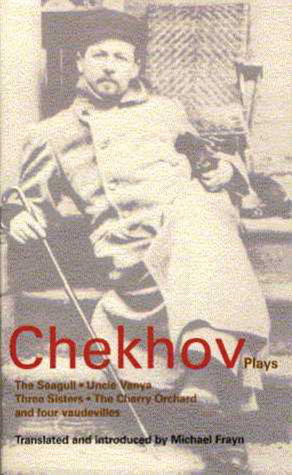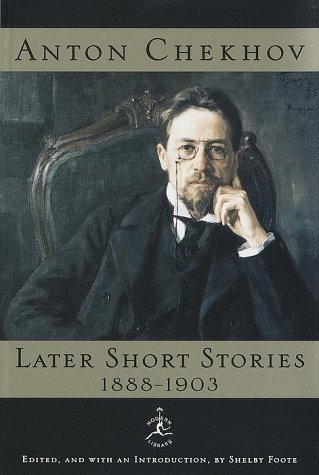
The Portable Chekhov
Book Description
Whispers of love, loss, and the relentless passage of time permeate the pages of 'The Portable Chekhov.' Dive into a world where every character teeters on the brink of revelation and despair. From the bustling salons of the aristocracy to the quiet corners of provincial life, each story crackles with tension and poignant truths about the human condition. Relationships shift like shadows, and desires clash with societal expectations, leaving hearts in turmoil. Amidst the laughter and tears, can hope bloom in the bleakest of circumstances? Discover the power of Chekhov’s timeless tales and ask yourself: what do we sacrifice for our dreams?
Quick Book Summary
"The Portable Chekhov" is a masterful collection of Anton Chekhov’s short stories, novellas, and plays that illuminate the timeless struggles and quiet triumphs of the human spirit. Chekhov invites readers into the emotional and psychological lives of characters ranging from privileged aristocrats to struggling peasants, capturing moments of intense longing, profound isolation, and fleeting joy. His keen observations about the passage of time, yearning for connection, and the clash between ideals and everyday realities create a tapestry of human experience. With nuanced prose and understated irony, Chekhov’s tales reveal how people wrestle with love, ambition, disappointment, and the ever-present shadow of fate. This collection serves as a vibrant portrait of Russian society at the turn of the century, but its insights into love, loss, and resilience are enduring and universal.
Summary of Key Ideas
Table of Contents
Longing and Disappointment
Chekhov’s stories are often rooted in the subtle ache of longing and disappointment. Characters dream of a different life, harbor passionate hopes, or secretly yearn for love and recognition. Whether it is the frustrated aspirations of provincial teachers, the unfulfilled desires of lovers, or the dreams of escape from provincial stagnation, Chekhov’s protagonists find themselves hindered by both internal doubts and external circumstances. Their disappointments are not grand tragedies but the quiet, persistent heartaches of everyday life, rendered with Chekhov’s gentle, empathetic touch.
The Illusion of Change
Time, in Chekhov’s world, is an elusive and often unfriendly force. Characters look forward to transformation—a better job, happier marriage, a brighter future—but find themselves mired in routines and indecision. In stories such as “The Lady with the Dog” and “The Bishop,” moments of hope and revelation often pass without lasting change. This creates a poignant sense of stasis, where the possibility of change exists on the horizon but rarely manifests, underscoring the theme of inertia and the ravages of time.
Human Connection and Isolation
Human connection—and its frequent absence—is a persistent motif. Relationships in Chekhov’s fiction are often fraught with misunderstanding, distance, and unmet needs. His characters crave intimacy and understanding, whether in the bustling salons of Moscow or the quiet corners of the countryside. Yet, they often find themselves isolated even among others, unable to bridge the emotional gaps that separate them. This recurring theme highlights the fragile and transient nature of true connection.
Comedy and Irony in Everyday Life
Despite the melancholy, Chekhov infuses his tales with wit, satire, and irony, often finding moments of absurdity and humor in mundane situations. His clever dialogue, playful narrative voice, and comic misunderstandings reveal the lighter side of daily struggles. Stories such as “The Death of a Government Clerk” use irony to expose human folly, while more serious tales still contain flashes of humor that soften the bleakness, making Chekhov’s world all the more relatable and humane.
Society and Social Constraints
Chekhov’s works are deeply informed by the social structure and expectations of late nineteenth-century Russia. His characters contend with class distinctions, rigid roles, and societal pressures, from the ennui of landowners to the struggles of peasants. These constraints often suffocate dreams and reinforce isolation, yet within these tight boundaries, Chekhov’s characters grasp for meaning and freedom. The tension between individual desire and social reality is at the heart of his most enduring stories, making them as relevant now as they were in his own day.
Download This Summary
Get a free PDF of this summary instantly — no email required.





